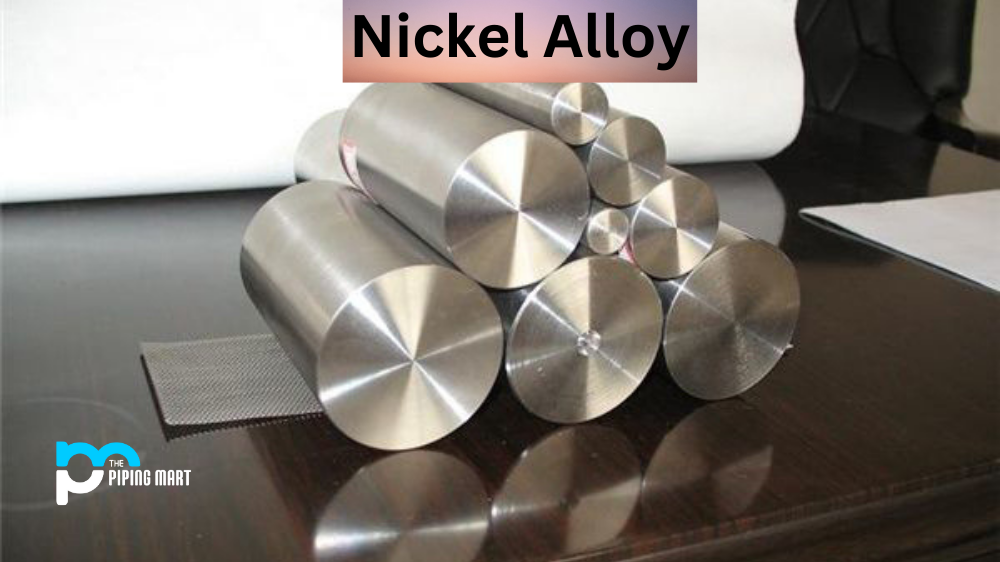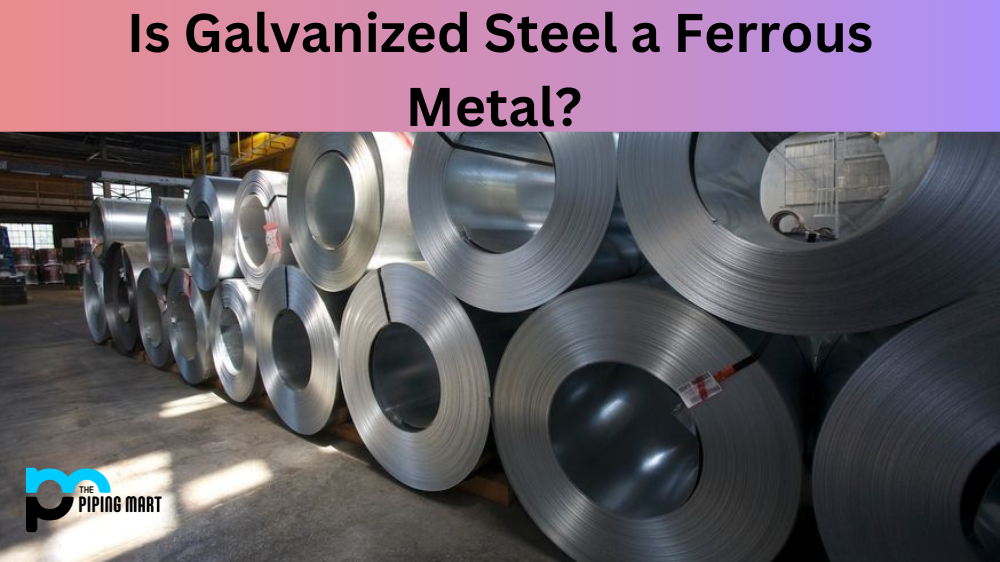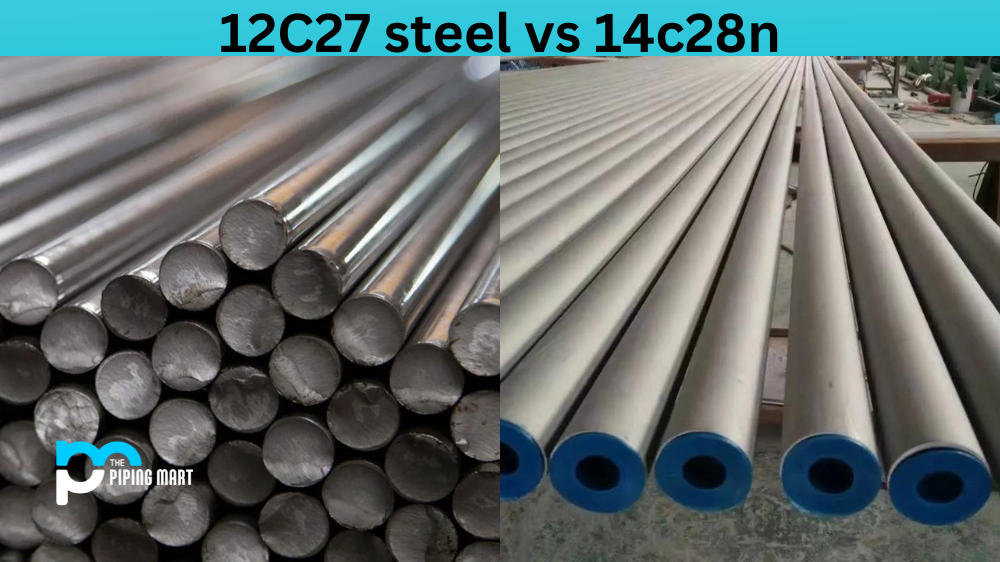Nickel alloys are a popular choice for many commercial and industrial applications. These alloys offer a variety of benefits, from enhanced corrosion resistance to superior strength and durability. But nickel alloy also has some drawbacks that should be taken into consideration before making a purchase decision. Let’s take a closer look at the advantages and disadvantages of a nickel alloy.
9 Advantages of Nickel Alloy
The most significant advantage of nickel alloy is its superior corrosion resistance when compared to other materials, such as steel or aluminum. This makes it the ideal choice in environments where acid, alkali, salt, or other corrosive substances are present. Additionally, due to its high-temperature resistance, nickel alloys are often used in applications where temperatures exceed 1000 degrees Celsius. This includes applications such as petrochemical processing and nuclear power plants.
Nickel alloy is also highly resistant to oxidation and wear, making it an excellent choice for use in parts that require little maintenance over time. Additionally, it has good formability characteristics and can easily be machined into complex shapes without compromising its strength or integrity. Finally, the material is extremely ductile, which allows it to stretch without breaking under stress loads—an important feature for many industrial applications.
Temperature Resistance
Nickel alloys are also resistant to high temperatures. This makes them ideal for use in applications such as furnace linings and turbochargers, where they can withstand temperatures of up to 1200 degrees Celsius.
Magnetism
Nickel alloys are also magnetic, which makes them ideal for a variety of applications where magnetism is required, such as in electric motors and generators.
Low Expansion Rate
Nickel alloys have a low expansion rate, which means that they will not change shape or size significantly when exposed to changes in temperature. This makes them ideal for use in applications such as optical systems and medical implants, where a low expansion rate is critical.
Increased Durability
Nickel alloys are known for their increased durability compared to other metals. This is due to the fact that nickel is a very strong metal that is resistant to both corrosion and wear. This makes nickel alloys ideal for use in applications where the metal will be exposed to harsh conditions, such as in the automotive or aerospace industries.
Improved Thermal Conductivity
Another advantage of nickel alloys is their improved thermal conductivity. This means that they are able to conduct heat away from sensitive components, making them ideal for use in high-temperature applications. Additionally, nickel alloys have a higher melting point than other metals, which makes them less likely to deform under high temperatures.
Increased Strength
Nickel alloys are known for their increased strength and durability. This makes them ideal for a variety of applications, such as in the construction of buildings and bridges. Nickel alloys are also often used in the manufacturing of machinery and equipment, as they can withstand high levels of wear and tear.
Enhanced Electrical Conductivity
Nickel alloys also have enhanced electrical conductivity compared to other metals. This makes them ideal for use in electrical applications where high levels of conductivity are required, such as in batteries or electrical wiring. Additionally, nickel alloys are non-magnetic, which makes them suitable for use in applications where magnetism is undesirable, such as in medical devices.
Increased Resistance to Corrosion
Nickel alloys also have increased resistance to corrosion compared to other metals. This is due to the fact that nickel forms a protective oxide layer on its surface when exposed to oxygen, which prevents further corrosion from occurring. Also, nickel alloys are not susceptible to stress corrosion cracking, making them ideal for high-pressure applications.
Recyclable
Another advantage of nickel alloys is that they are highly recyclable. In fact, over 60% of nickel alloy products are made from recycled materials. This makes nickel alloys an environmentally friendly option for those looking to reduce their impact on the planet.
5 Disadvantages of Nickel Alloy
The primary disadvantage of nickel alloy is its relatively high cost compared to other metals such as steel or aluminum. Additionally, due to its complex structure, welding nickel alloys can be difficult if not done properly by experienced professionals with the right equipment. And like any metal product, nickel alloy can corrode over time if exposed to certain elements or conditions. Furthermore, certain grades of nickel alloy contain trace amounts of toxic substances such as arsenic or lead, which may pose health risks if inhaled or ingested in large quantities (though these types of alloys are rare). Finally, although nickel alloys have exceptional properties when compared to other materials, they do not possess superconductivity, which limits their application in certain industries such as electronics or telecommunications.
Increased Risk of Allergic Reactions
One of the primary disadvantages of nickel alloy is that it can increase the risk of allergic reactions in some people. Nickel is a known allergen, and exposure to nickel alloy can cause skin irritation, rashes, and swelling. In severe cases, exposure to nickel alloy can lead to anaphylactic shock, a potentially life-threatening condition.
Corrosion
Another disadvantage of nickel alloy is that it is susceptible to corrosion. Nickel alloy can corrode when exposed to moisture or other corrosive substances. This can lead to the formation of rust, which can weaken the metal and make it more susceptible to breakage.
Difficulty Welding
Nickel alloy is also difficult to weld, which can make repairs difficult. When welding nickel alloy, it is important to use a filler metal that has a similar composition to the base metal. Otherwise, the weld may not adhere properly and could eventually fail.
High Cost
Another downside of nickel alloy is that it is relatively expensive compared to other metals. This is due in part to the fact that nickel is a relatively rare element, making it more expensive to produce. Additionally, because nickel alloy is difficult to weld and repair, this also adds to the cost.
Environmental Concerns
Finally, there are also environmental concerns associated with nickel alloy production. The mining and smelting of nickel ore can release harmful pollutants into the air and water.
Other Differences
- Nickel allergies are relatively common, affecting up to 20% of the population.
- Nickel is a known carcinogen, and exposure to nickel can increase your risk of developing cancer.
- Nickel is a heavy metal that can accumulate in the body and cause health problems.
- Nickel mining is a dirty and dangerous business, and the environmental impact of nickel mining is significant.
- Nickel alloys are more expensive than other types of metals, such as steel or aluminum.
Conclusion
Nickel alloy offers many advantages over traditional metals, including superior corrosion resistance and superior heat-resistance capabilities, making it an ideal choice for a wide variety of commercial and industrial applications that require long-term performance without maintenance costs associated with other materials. However, there are some disadvantages associated with this material, including cost and welding difficulty, which should be taken into consideration prior to purchasing decisions being made by website owners and SEO newbies alike seeking quality solutions for their operations needs. Overall though, when used correctly, nickel alloy offers excellent performance capabilities that make it worth the investment.
Meet Heer, a dynamic and driven writer learning tricks of her trade in the metal industry. With a background in Digital Marketing, Heer brings a unique perspective to her writing, sharing valuable insights. Apart from blogging she like reading and hiking.




